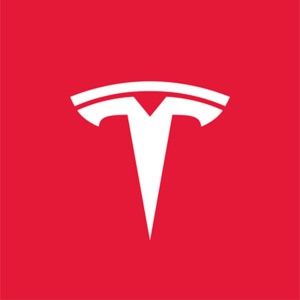Tesla has discounted existing inventory for the Model Y RWD 2024 to $54,900 (save $2,800) or 2023 to $53,780 (save $3,920) compared to the new stock $57,700 price from the previous deal.
Discount also applied to 2023 LR $66,400 (save $4,900), 2024 LR $68,200 (save $3,500) and 2023 Performance $78,490 (save $5,810).
Prices above include $1,400 delivery fee and $400 order fee. All prices exclude on-road costs which will vary per state.
Discount applied to older stock running the Hardware 3 compared to the latest Hardware 4 cars. HW4 has better cameras but removes the ultrasonic sensor (USS), and new black 19" Gemini wheels as standard.
2023 price is not available in every state, but 2024 stock seems ok in all states, drive away price for each state in price order for the 2024 Model Y RWD below.
- ACT - $55,539 on road
- QLD - $56,758 on road (exc. $6,000 EV rebate)
- NT - $57,296 on road
- TAS - $57,725 on road
- NSW - $57,902 on road
- SA - $57,973 on road
- VIC - $58,251 on road
- WA - $59,540 on road (exc. $3,500 EV rebate)


WA really needs to lift their game up.